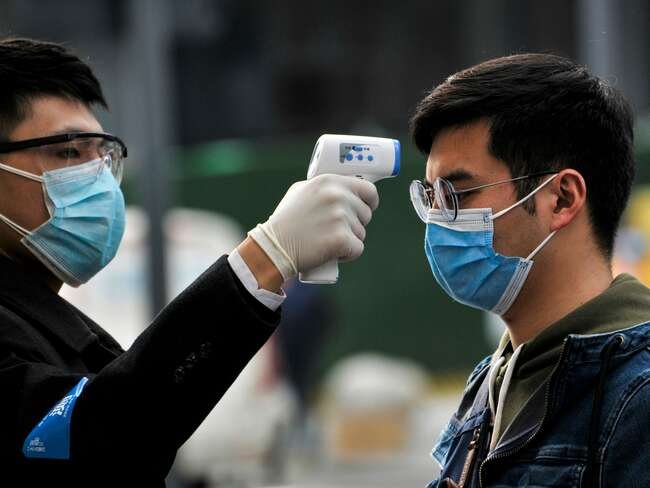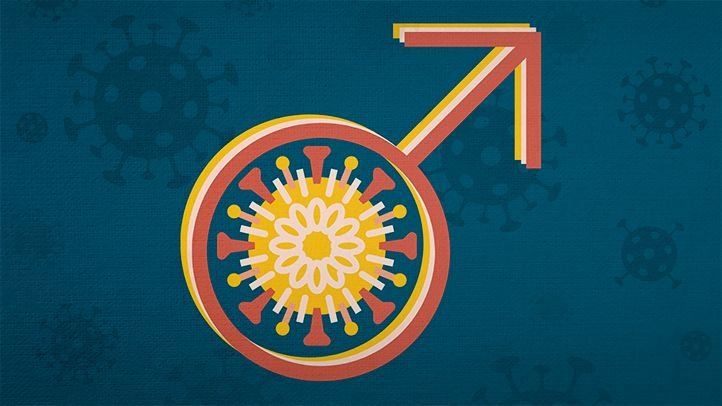A new study shows that men with low testosterone are more likely to have severe COVID-19. An earlier analysis found that men tend to develop more severe COVID-19 compared to women, but the cause is unclear. On the basis of research on average, men have the capability to produce much higher levels of testosterone than women.
According to a statement, “One theory held that high testosterone levels can make conditions worse for men than for women with COVID-19.” But the new study’s findings refute this hypothesis.
As reported by Live Science, in order to understand the relationship between primary sex hormones and the severity of COVID-19, researchers collected blood samples from 90 men and 62 women who had been to the Barnes-Jewish Hospital in St. Louis with symptoms of COVID -19 and subsequently tested positive for the COVID-19 virus. Of these patients, 143 were admitted to the hospital.
The researchers collected blood samples from patients who were still hospitalized on the third, seventh, fourteenth, and twenty-eight days. After all, the researchers then measured the patient’s testosterone levels, and estrogen and estradiol, and a growth hormone called insulin-like growth factor-1 (IGF-1).

In women, there is no relationship between the severity of COVID-19 and the level of hormones was found. On the other hand in men, IGF-1 and estrogen levels cannot predict the severity of the disease, but testosterone levels did.
At the time of admission, the average testosterone level of men with severe COVID-19 was 52 ng (nanaogram) per deciliter, while the average level of the same in men with a milder condition is 151 ng per deciliter. The researchers controlled for other known risk factors for severe COVID-19, including age, BMI, comorbidities, smoking, and race. Some of these factors are also related to lower testosterone levels.
On the third day of hospitalization, the average testosterone level of men with severe COVID-19 dropped to 19 ng per deciliter. During the study period, 37 hospitalized patients died (and 25 out of those were men). The decrease in testosterone levels in men is also related to increased levels of inflammation in the body.
“Those men with COVID-19 who were not severely ill initially, but had low testosterone levels, were likely to need intensive care or intubation over the next two or three days,” said lead author Dr. Sandeep Dhindsa, an endocrinologist at Saint Louis University. “Lower testosterone levels seemed to predict which patients were likely to become very ill over the next few days.”
The research team also found that in men with low testosterone levels, certain genes are activated, making the body easier to use this hormone. But researchers do not know yet how this adaptation will affect the body and the severity of the disease. The author also wrote that it is unclear whether primary sex hormone levels have fallen due to severe COVID-19, or whether lower primary sex hormone levels caused more severe COVID-19 in the first place.

Before the disease, doctors did not measure the testosterone levels of these patients. The authors wrote that it is likely that due to COVID-19, their levels had dropped when they arrived at the hospital. But it may also be that men with severe COVID-19 have lower-than-average levels before illness, which can lead to a decrease in muscle mass and strength, reducing lung capacity, and having a higher risk of requiring ventilation, writes the author. Data shows that hormone therapy should be “cautious” to lower testosterone levels or increase estrogen levels in men with COVID-19.
Now, they hope to investigate whether there is a link between these sex hormones and cardiovascular problems among people showing the persistent symptoms of COVID-19.
